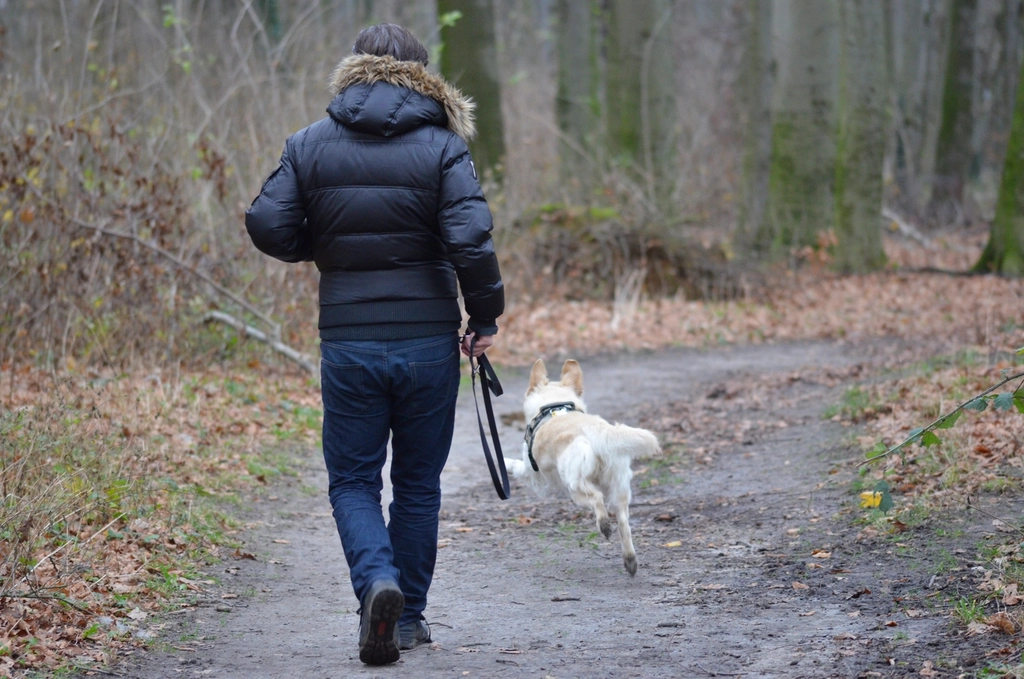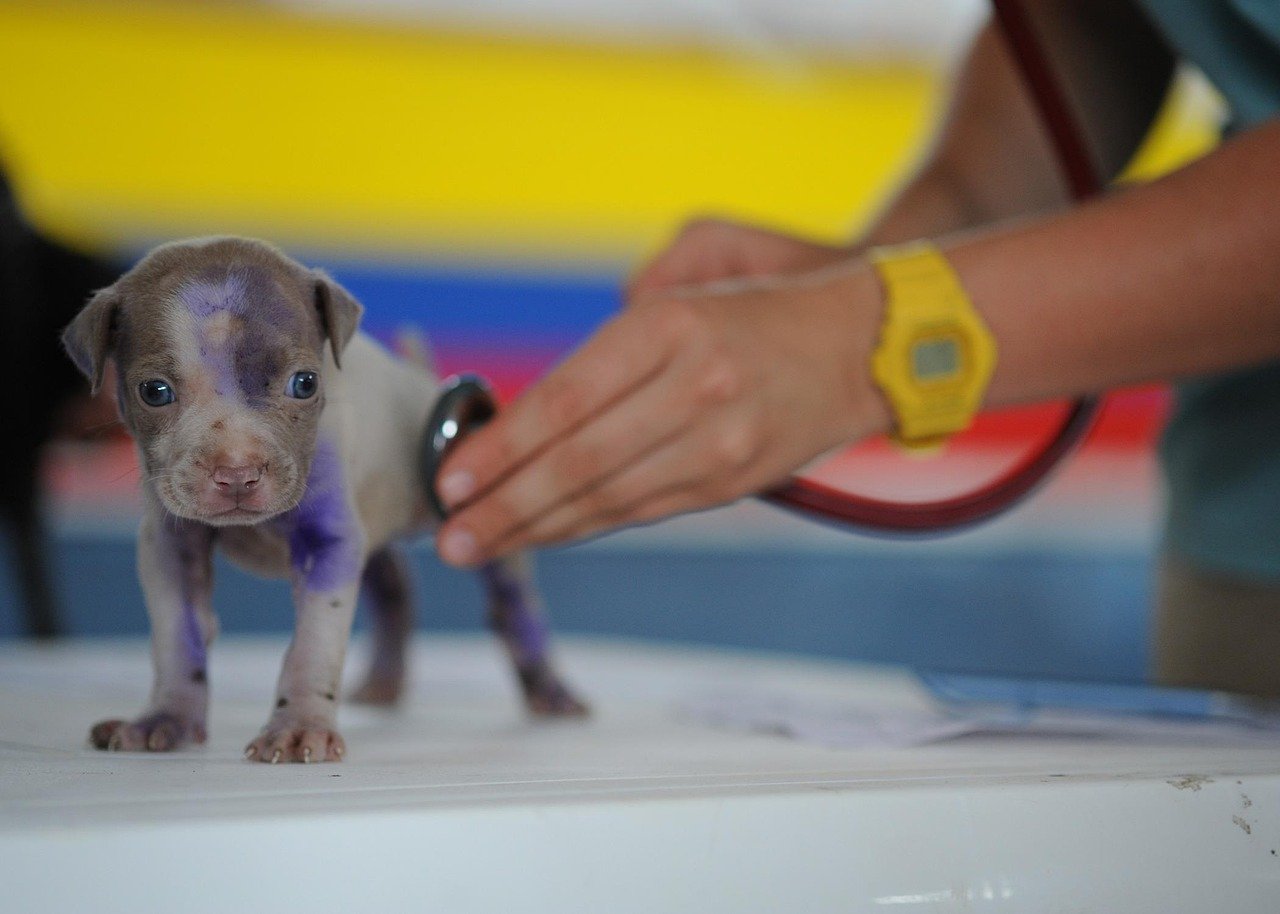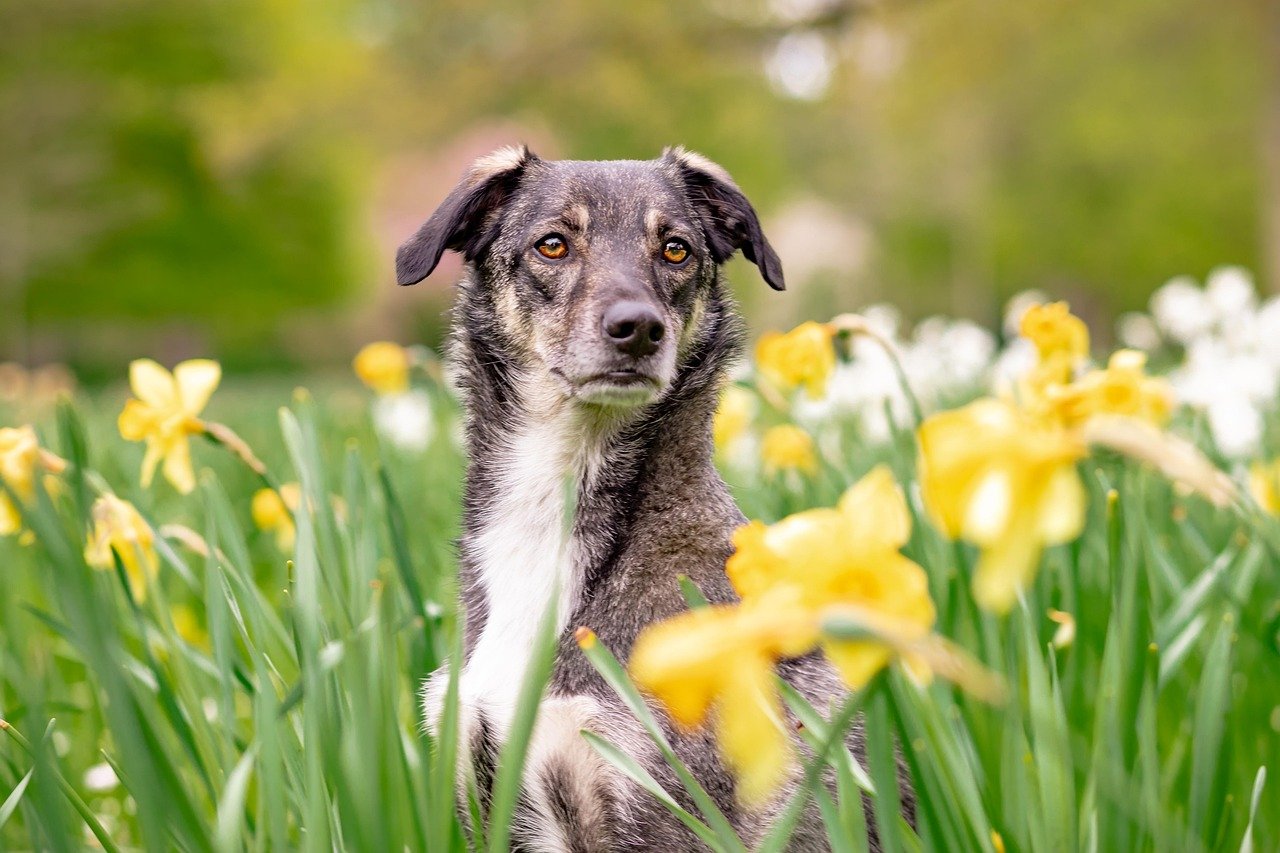Getting a dog is like adding a ray of sunshine to your life, but it’s also one of the biggest commitments you’ll ever make. That excited tail-wagging bundle of fur you’re picturing will need more than just belly rubs and treats. They’ll need your time, energy, patience, and yes, your money for the next decade or more. Before you fall head over heels for those adorable puppy eyes at the shelter, there are some crucial things every potential dog parent should know.
Think of dog adoption like dating – you wouldn’t marry someone after one coffee date, right? The same goes for choosing your four-legged companion. After all, you’re choosing your new best friend who will be with you for 10, 15, or even more years. So let’s dive into what you really need to know before taking that leap.
Your Budget Needs to Stretch Beyond the Adoption Fee

Here’s where reality hits harder than a Great Dane’s tail wag. Many first-time adopters focus on the excitement but overlook how quickly costs can pile up. That fifty-dollar adoption fee is just the tip of the iceberg.
Dog food costs $25 to $125 per month for dry kibble for a small- to medium-sized dog and up to $170 per month for a large dog. Canned wet foods and special dietary foods cost $40 to $210 per month on average, and fresh or freeze-dried options cost even more. And we haven’t even talked about vet bills yet. From the moment you bring them home, your dog’s lifetime care can range from $16,440 for a small breed to $52,075 for a large breed.
Training Isn’t Optional – It’s Essential

You might think Fido will naturally know not to chew your favorite shoes or bark at 3 AM, but spoiler alert: they won’t. The average cost of training your dog is $300 per course for 4-6 classes. For private, in-person training, you can expect dog training to cost $150 per hour.
Professional training does more than teach basic commands. Training provides your dog with plenty of mental stimulation, so they don’t get bored and turn to destructive behaviors. Dog training keeps your pet from destructive and problem behaviors, as well as keeping them safer. Think of it as an investment in your sanity and your furniture’s survival. Most dogs need around 4-6 sessions to learn the basics.
Your Living Space Must Actually Work for a Dog

That tiny studio apartment might be cozy for you, but your future German Shepherd mix probably won’t agree. If you live alone in a small, third-floor apartment, for instance, adopting a large, active retriever mix might not be the best choice. Conversely, if you have a family of four and are looking for a companion to match your active lifestyle, such an animal may be perfect.
Evaluate your living environment to ensure that it’s suitable for a dog. Large dogs need space to run, and certain neighborhoods have noise restrictions that a barking dog might violate. Your landlord’s pet policy matters too – there’s nothing worse than falling in love with a dog only to discover you can’t keep them.
Different Dogs Have Wildly Different Exercise Needs

Not all dogs are created equal when it comes to energy levels. A dog’s size, exercise requirements, friendliness, assertiveness, and compatibility with children should all figure into your decision. That adorable Border Collie mix will need significantly more exercise than a laid-back Bulldog.
If you lead an active lifestyle and enjoy outdoor activities like running or hiking, a high-energy breed such as a Greyhound or Border Collie might be ideal. On the other hand, if you prefer a quieter, more relaxed pace or you have mobility challenges, a smaller dog who requires less exercise, like a Bulldog or Shih Tzu, could be a better fit. Most dogs need to play, exercise and have variety in their lives to be happy and healthy.
Your Schedule Will Never Be the Same

Remember those spontaneous Friday night plans? Well, they’re about to get a lot more complicated. Think about your work hours, social life, and activity level, and consider how your dog will fit in and when you will have time to spend with them. Dogs don’t understand when you’re running late or when you want to sleep in on weekends.
With a new pet in your life, your schedule isn’t as flexible as it once was. That doesn’t mean you have to give up your social life or that trip to Bermuda – it just means you have to do a little extra planning. Research pet sitters, pet boarding centers and pet hotels in advance of any travel you have planned. Your social calendar now revolves around someone who can’t tell time but definitely knows when dinner is supposed to happen.
Vet Bills Are Inevitable and Often Surprising

Even the healthiest dogs will need regular veterinary care throughout their lives. Assuming your fur friend is in reasonably good health, annual fees for cats and dogs range from $80 to $400 for routine examination, basic labs, and vaccinations. Add $40-250 for flea, tick, and heartworm prevention.
Some dogs will need to be seen by the veterinarian more frequently, depending on any underlying health considerations they may have. Veterinary treatments can be costly. It is a good idea to be sure you are prepared for the possible financial commitment that owning a dog will have for years to come. Emergency visits can easily cost hundreds or thousands of dollars, so having an emergency fund or pet insurance isn’t just smart – it’s necessary.
The First Few Weeks Are Make-or-Break Time

Those first 30 days after bringing your dog home are absolutely critical. The first few days in your home are special and critical for a pet. Your new dog will be confused about where he is and what to expect from you. Setting up some clear structure with your family for your dog will be paramount in making as smooth a transition as possible.
People often say they don’t see their dog’s true personality until several weeks after adoption. Your dog may be a bit uneasy at first as he gets to know you. Be patient and understanding while also keeping to the schedule you intend to maintain for feeding, walks, etc. This adjustment period sets the foundation for your entire relationship.
Every Family Member Must Be on Board

This isn’t a decision you can make solo if you’re living with others. Consider the needs and allergies of all the people in your household. Everyone should be on board with the decision to adopt a dog, and if you have other pets, you will also need to think about how a new animal will affect them.
Everyone in your household, whether other family members or roommates, should be involved in preparing for a home visit and new pet. You should talk to children about how to help take care of the dog and how to behave kindly toward animals. Dogs pick up on tension and inconsistency faster than you’d expect, and mixed messages from family members can confuse and stress your new pet.
Dog-Proofing Your Home Is More Than You Think

You might think baby-proofing is thorough, but dog-proofing takes it to a whole new level. It will take time for your new pet to adjust to your home, and they may need training. Secure cords, secure your windows and doors, and remove chewable items to keep your pet safe and to protect your things. Consider using gates to limit access to specific areas.
Clear the clutter, tuck away electrical cords, and do a quick sweep to pick up anything a curious dog might find “tasty” (hello, stray sock or old receipt). Dogs explore the world with their mouths, and they don’t distinguish between your expensive headphones and a chew toy. Preparation isn’t just about protecting your stuff – it’s about keeping your new family member safe.
Mixed Breeds Often Make the Best Companions

While everyone has their dream breed in mind, don’t overlook the amazing mixed breeds waiting in shelters. When you adopt a mutt-i-gree, you benefit from the combined traits of two or more breeds. The result is a dog that is less likely to be impacted by genetic defects common to certain purebred dogs. When you adopt a mutt-i-gree, you adopt a totally unique companion.
Adopting a dog from a shelter is a rewarding experience that gives a deserving animal a second chance at a happy life. Start by visiting local shelters and rescue organizations to meet dogs available for adoption. Sometimes the perfect dog for you isn’t the breed you had in mind – it’s the one whose personality clicks with yours.
Conclusion

Adopting a dog isn’t just about adding a pet to your household – you’re welcoming a new family member who will depend on you for everything from daily walks to emergency veterinary care. Adopting a dog is more than simply gaining a pet; it’s about building a bond that brings countless emotional, physical, and even social benefits to your life. The commitment is real, the costs are significant, and the lifestyle changes are permanent.
But here’s the thing: every challenge comes with rewards that money can’t buy. Yet, every challenge comes with a big payoff – unconditional love and a bond that grows stronger with time. Those late-night potty breaks turn into peaceful moments under the stars. Those training sessions become inside jokes between you and your dog. Those vet bills? Well, they’re still vet bills, but at least you’ll have a furry best friend to comfort you while you pay them.
Are you ready to have your heart stolen by a four-legged family member who thinks you’re the most amazing human in the world?






